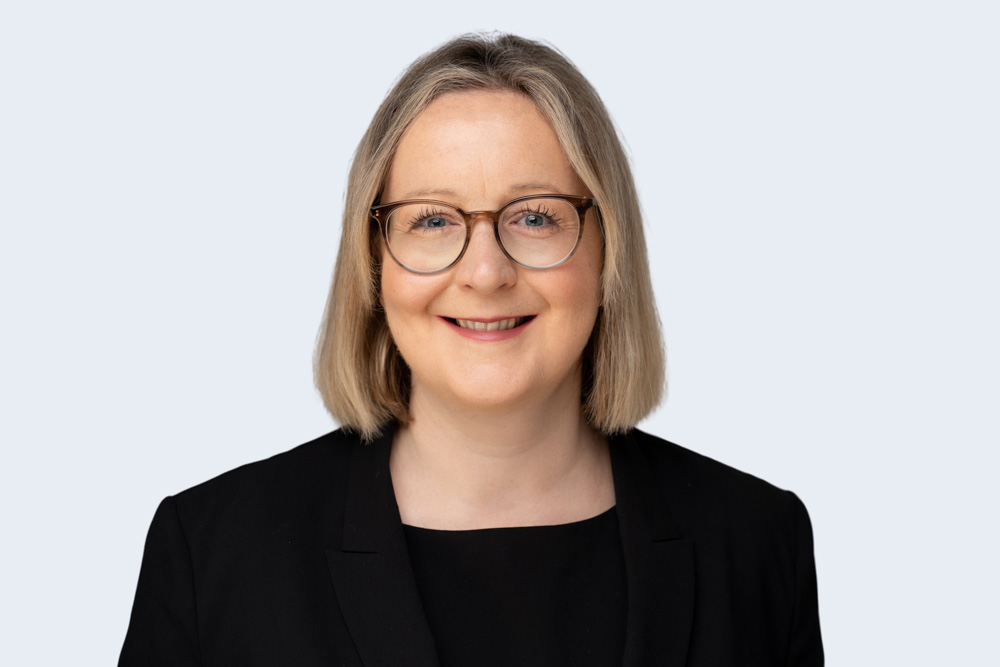
Why did a family law judge in London make findings about what happened to two princesses living in Dubai?
Her Royal Princess Haya bint Al Hussein (“the mother”) has two children, Jalila aged 12 years and Zayah aged 8 years. She is the daughter of His Majesty the later King Hussein of Jordan and the half-sister of the present ruler of Jordan, King Abdullah II. The children’s father is His Highness Sheikh Mohammed bin Rashid Al Maktoum (“the father”). He is the ruler of the Emirate of Dubai and is the Vice President and Prime Minister of the United Arab Emirates (UAE). The father has 25 children, these included events relating to two of his adult daughters. Princess Shamsa and Princess Latifa.
On 15 April 2019 the mother came to the UK with the children. Shortly afterwards she made it clear that she did not intend to return them to Dubai. In May 2019 the father commenced proceedings in the High Court. He sought the return of the children to Dubai under the court’s intrinsic ability to make decisions about children who are in this country.
In July 2019 the mother issued applications for the children to be made Wards of Court, for a forced marriage protection order with respect to Jalila, which is an order that uses prohibitions, restrictions or requirements to prevent someone from being threatened or coerced into getting married against their will. The mother also sought a non-molestation order for her own protection, which is a common protection order where domestic abuse has been present in a close relationship.
By 8 October 2019 the father no longer pursued his application for the children to be returned to Dubai. He agreed that the children would now continue to live with their mother and be based with her in England. He sought to re-establish and progressively develop his relationship with the children through contact.
The mother filed a schedule of allegations which she made against the father. The father responded to these and the court held a fact finding hearing to decide whether what the mother said had happened was true. It was necessary to do this because the father’s past behaviour in relation to his family is an indicator of his likely future behaviour and would help the judge decide what safeguards should be in place, if any. It was for this reason that an English judge came to be deciding whether alleged events took place all over the world including in relation to the adult children, who the case did not concern.
The findings the mother sought were many and included that the father had orchestrated the unlawful abduction of his adult daughter Princess Shamsa in August 2000 and the forcible return of Princess Latifa in June 2002 and February 2018, that he had deprived them both of their liberty , that the father had sought to make arrangements for his 12 year old daughter to marry the (adult) Crown Prince of Saudi Arabia and that the father had mounted a sustained campaign against the mother since the beginning of 2019 designed to instil fear and to intimidate her. With all of these allegations it was alleged that the father had instructed other people to undertake these steps on his behalf.
The father maintained a stance that he would not attend court as a witness.
After hearing evidence from the mother and witnesses on her behalf, and after reading witness statements from the father and from witnesses on his behalf, The judge found the allegations that the mother made were proven apart from the allegation in relation to the forced marriage of Jalia.
The father has given assurances and a waiver in an attempt to reassure the mother and the court about his future conduct towards the children. The court considered these in a separate judgment and decided it was unable to place any weight upon them providing protection for the children from the risk of abduction within England and Wales.
The President of the Family Division gave a third judgment determining that both previous judgments should be made public and that prohibitions on reporting the names, age and gender of the two children were lifted. He later determined that the publications judgment together with certain aspects of what happened in court could be published. The father appealed the decisions about publications. The Court of Appeal dismissed his appeals meaning the decision is final and binding. All four judgments can be found here:
The court will now need to undertake a welfare evaluation of the children’s needs. It will need to evaluate the impact of the decisions about what happened historically upon the two young children. The court will need to balance the advantages to the children of re-establishing and maintaining their relationship with their father against the risk of either or both of them being removed from their mother’s care and taken to Dubai against the mother’s will.
Anest Mathias is a senior solicitor in the Family department at TV Edwards. She has broad professional experience including in relation to the international children issues raised in this case. Contact Anest on anest.mathias@tvedwards.com or 020 3440 8049 for advice on a related query.








